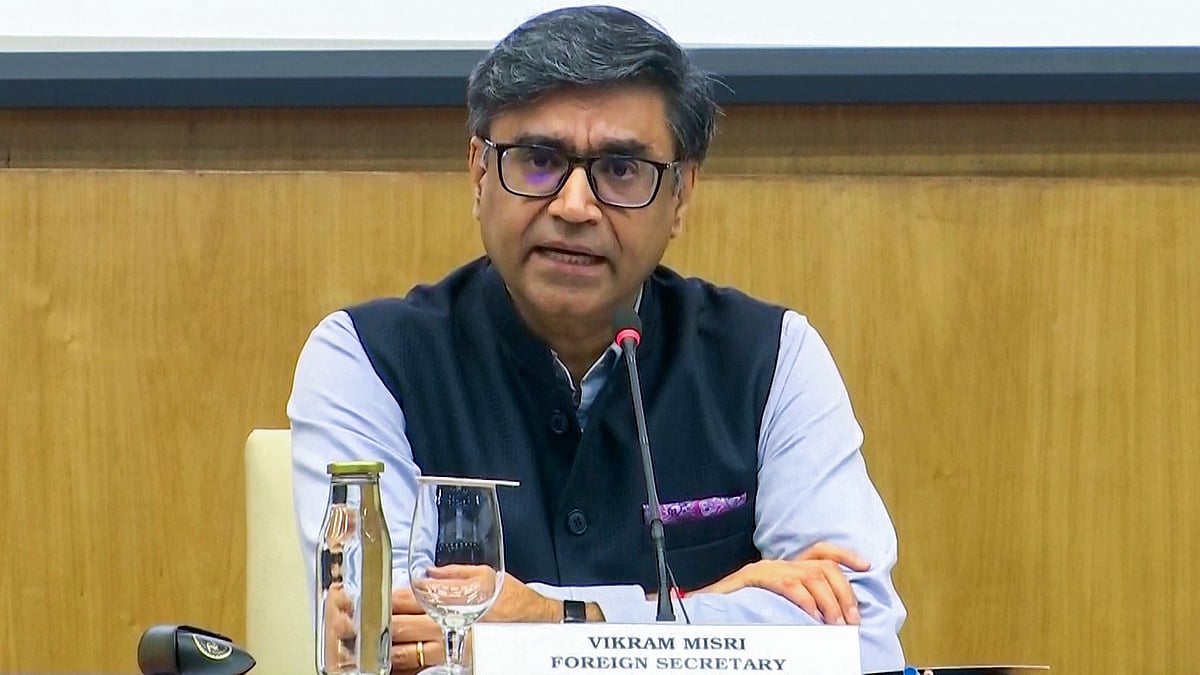Foreign Secretary Vikram Misri’s recent briefing to the Parliamentary Standing Committee on External Affairs, chaired by Congress MP Shashi Tharoor, sheds much-needed light on the events surrounding India’s military strikes on terrorist centres in Pakistan and Pakistan-Occupied Kashmir on May 7.
The action came in response to the horrific terrorist attack in Pahalgam that left 26 civilians dead, including a Nepalese national—an attack widely believed to have been orchestrated by Pakistan-based outfits. Amid a flurry of speculation and political commentary, one particular statement attributed to External Affairs Minister S. Jaishankar stirred confusion.
It was reported that he had warned Pakistan about the impending strikes, leading many to ask whether terrorists were allowed to flee. Misri categorically denied that Jaishankar ever made such a statement, which should help put that controversy to rest.
The stakes were high for this briefing, as several MPs present are part of seven official delegations visiting 33 countries to explain India’s position in the aftermath of the four-day conflict. Misri took care to assert that the military response was conventional—not nuclear—and firmly rejected suggestions that Pakistan had issued any nuclear threats.
He also clarified that the ceasefire agreement was reached directly between the military leaderships of both nations and that it was Pakistan that initiated the truce request. Of course, optics matter in international diplomacy.
It was unfortunate and diplomatically awkward that US president Donald Trump was the first to publicly announce the ceasefire via social media. Though India has denied any American role in brokering the agreement, the episode underscores how quickly perceptions can outpace protocol in the global arena.
India remains committed to the bilateral framework of the Simla Agreement, which rules out third-party mediation, including from the United States, other nations and multilateral agencies.
Misri, a seasoned diplomat, stayed well within his brief, refusing to divulge sensitive details, such as whether any Indian aircraft was lost or the extent of Pakistani casualties. His priority was to inform the committee about India’s diplomatic response, not military minutiae.
Yet, what remains troubling is the global community’s lukewarm reaction to Pakistan’s complicity in the Pahalgam attack. While the brutality of the violence was widely condemned, few nations, least of all India’s strategic partners like the US and Russia, were willing to directly name Pakistan.
This speaks to a broader failure of international pressure. The campaign to isolate Pakistan diplomatically must continue. The ongoing visits by Indian MPs to explain the country’s stance are welcome, but they will only bear fruit if the Ministry of External Affairs sustains consistent and assertive messaging. Pakistan must be made to realise that state-sponsored terrorism cannot be business as usual.
